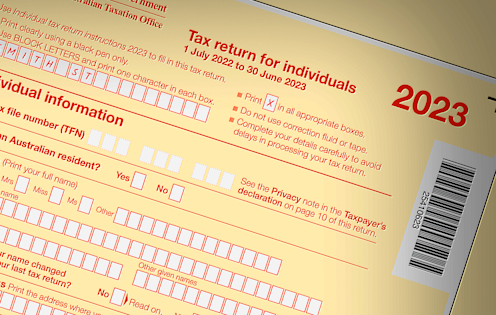Why do I suddenly owe tax this year? It could be because the Low and Middle Income Tax offset is gone, forever
- Written by Ann Kayis-Kumar, Associate Professor, UNSW Sydney
 ATO
ATOWhy do I suddenly owe tax this year?
This is one of the most Googled questions in Australia right now. And rightly so.
Ever since Australia’s transition to self-assessment for income tax returns, we have been primed to expect an annual refund.
That’s by design. Thinking we will get a refund acts as an incentive to get us to fill in...














